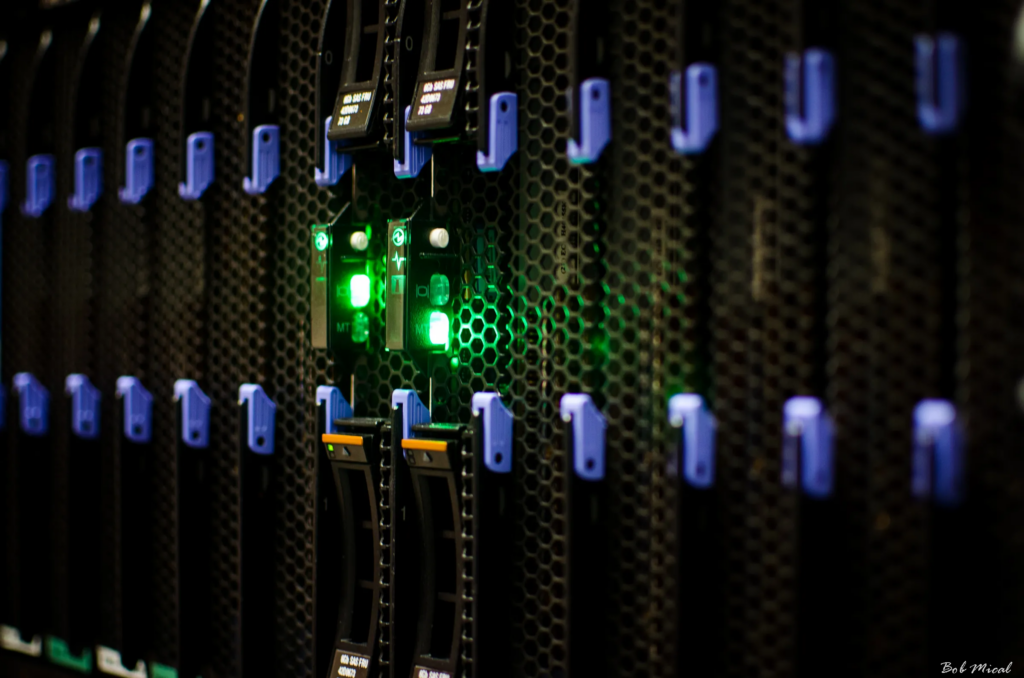Image credit: Unsplash
A bill to protect performers from the unauthorized use of artificial intelligence (AI) is now being considered for signing into law by the California governor.
The Threat of AI Replication
For the entertainment industry, as was reflected during last year’s Hollywood strike, the capacity for AI to create digital replicas is a major concern, with the proposed bill set to regulate the use of a performer’s voice and appearance by generative AI companies.
California Assembly Bill 2602 would require an agreement between the performer and another person for any performance by “a digital replica of the voice or likeness of an individual in lieu of the work of the individual,” with “digital replica” referring to a computer-generated, highly realistic representation that is identifiable as belonging to the performer in question.
Initial Success
In both the California Senate and Assembly, the bill was passed overwhelmingly and with bi-partisan support, according to SAG-AFTRA’s chief negotiator Duncan Crabtree-Ireland.

“The concept that each of us should have the right to say yes or no to any kind of replication of our face, voice, body movement, etc., should be a no-brainer,” he said outside the picket line of Warner Bros. Games on Wednesday, according to NPR.
Even major industry leaders such as Netflix, Disney, and Warner Bros. themselves did not oppose the passage of the bill in the Senate and Assembly, with the Motion Picture Association (MPA) remaining neutral. However, several tech companies continue to oppose regulations on AI.
The bill comes following the success of last year’s SAG-AFTRA strikes against studios and streaming platforms, reflected in contracts that required consent and reasonable compensation for the use of a performer’s digital double. The potential for the bill’s passage would enforce such requirements across additional Californian industries and secure fair compensation for performers moving forward.
“It’s vital, and it’s incredibly urgent,” said Zeke Alton, a voice performer and member of SAG-AFTRA’s negotiating committee, “because legislation, as we know, takes time, but technology matures exponentially. So we’re going to be constantly fighting the battle to stay ahead of this. If we don’t get to know what’s real and what’s fake, that is starting to pick away at the foundations of democracy.”
Additional Bills and Initiatives Against AI
Another union-backed California bill, AB 1836, has been proposed as a means of protecting a deceased individual’s intellectual property, as well as their voice and likeness, from digital replication.
California lawmakers also recently passed the Safe and Secure Innovation for Frontier Artificial Intelligence Models Act (SB 1047), which was put in place to regulate the development of AI models such as ChatGPT, which have been a concern for writers in the industry as well.
Beyond these bills for protecting performers, additional concerns surrounding AI technology have driven legislators across the country to propose new bills to regulate AI in general. Crabtree-Ireland himself was the victim of an AI-fabricated social media post before the contract was changed, which encouraged others to vote against the new regulations. The responsible party remains unknown, but Instagram voluntarily removed the deepfake.
The “NO FAKES Act” (the Nurture Originals, Foster Art, and Keep Entertainment Safe Act) was introduced in the Senate as a national answer, supported by the entertainment industry. The law would make it illegal to create a digital replica of any American, at least without their expressed consent to do so.
A Fight for Everyone
Performers have led the ongoing fight for the protection of one’s digital double in the entertainment industry. They are perhaps the most vulnerable to the advancement of this technology, but Zeke Alton warns that “It’s coming for every other industry, every other worker. That’s how big this sea change in technology is. So what happens here is going to reverberate.”































































































































































































































































































































































